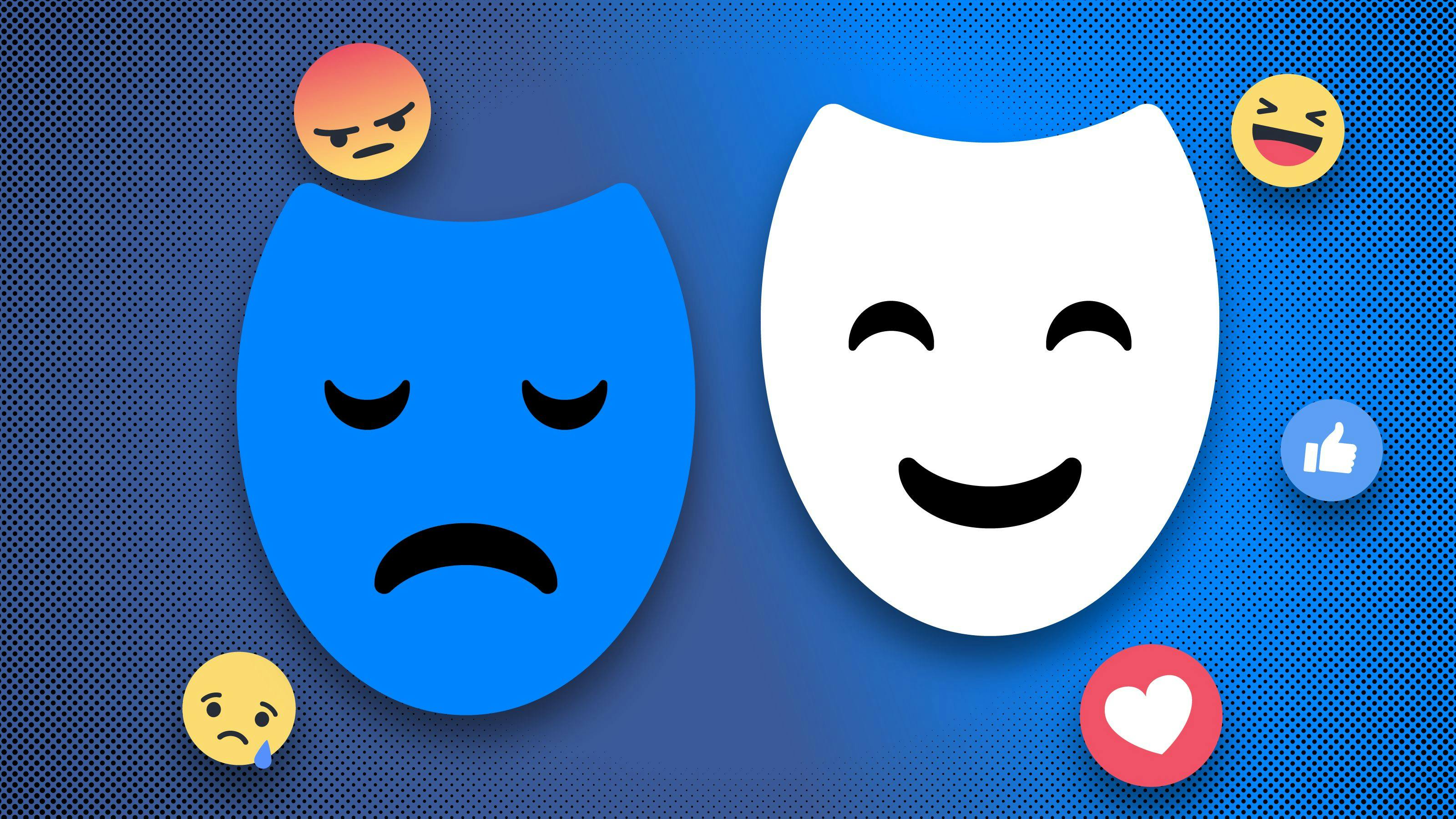How can we make social media better platforms?
by
November 11th, 2021
Audio Presented by

We are combining the good from Hard Disks and the good from Cloud in Blockchain-Attached Storage, leaving out the bad.
About Author
We are combining the good from Hard Disks and the good from Cloud in Blockchain-Attached Storage, leaving out the bad.
